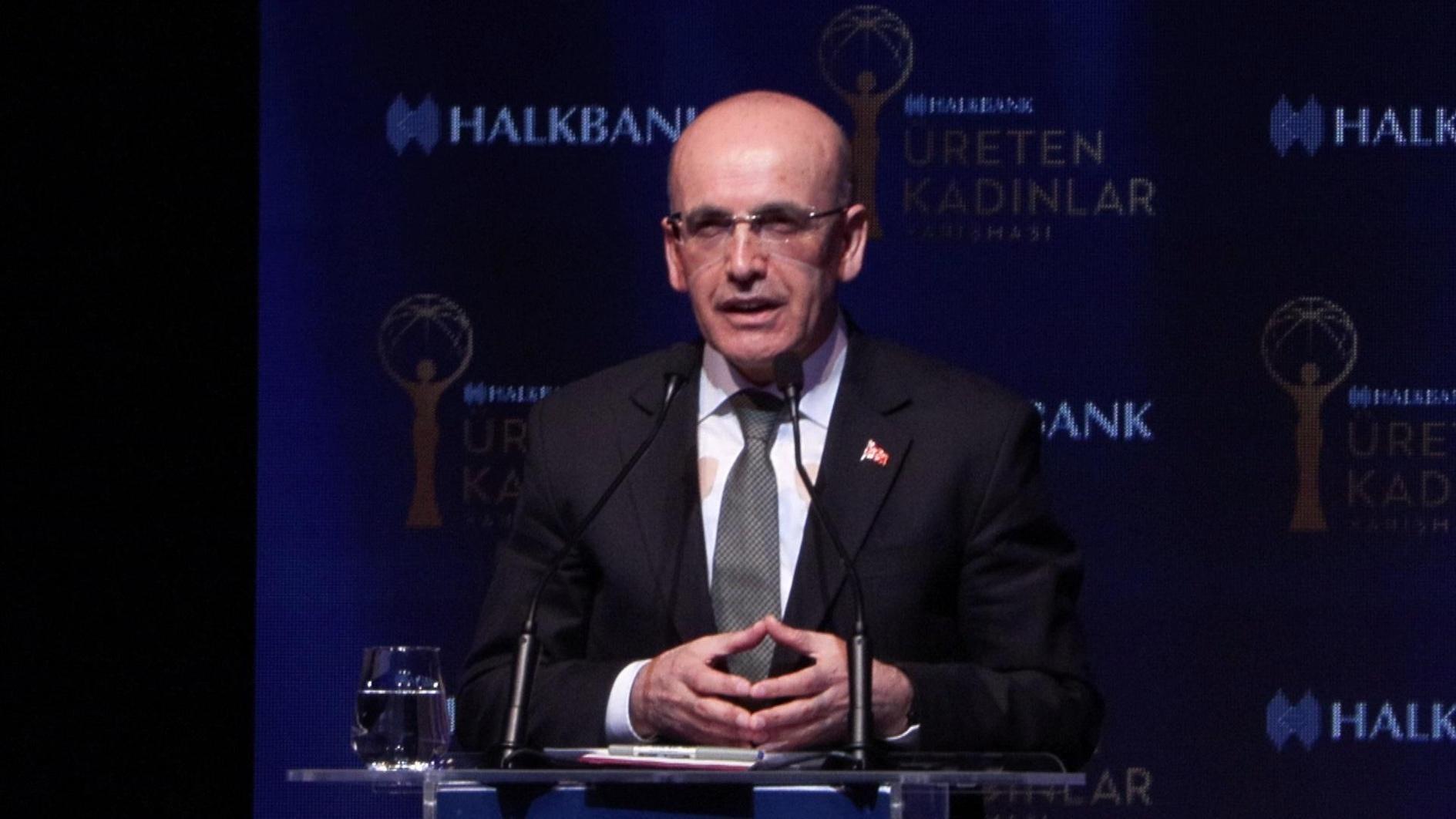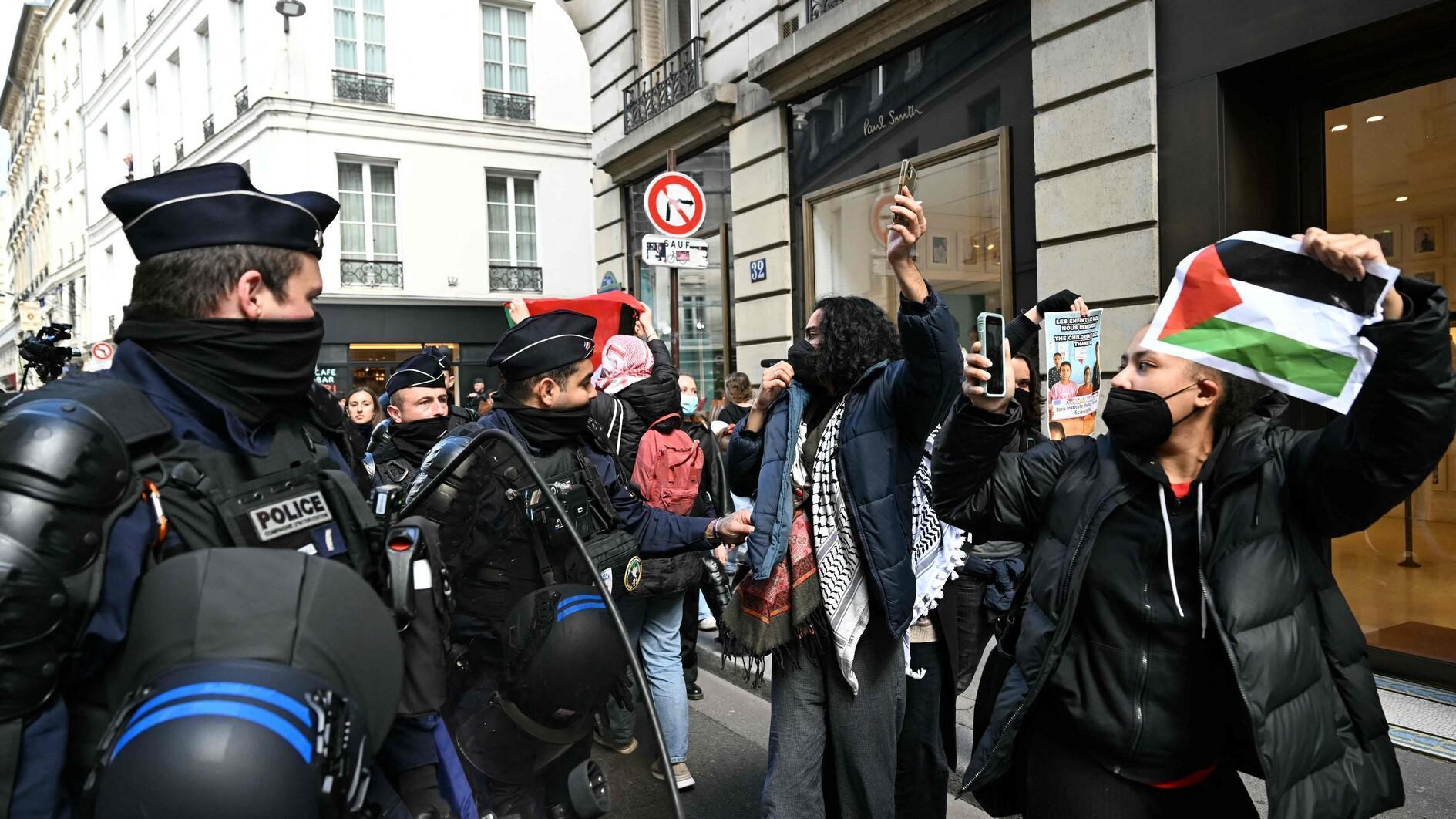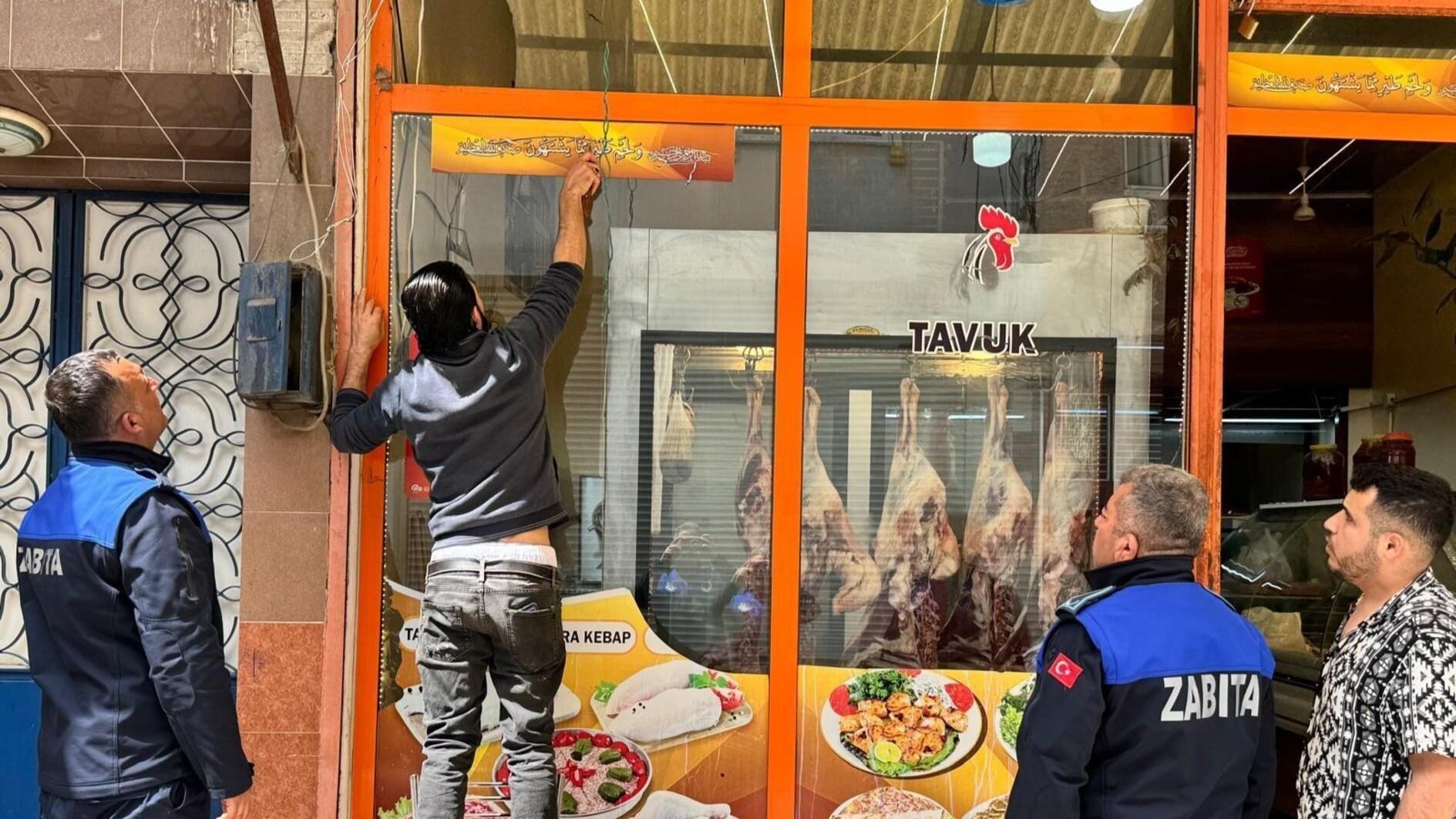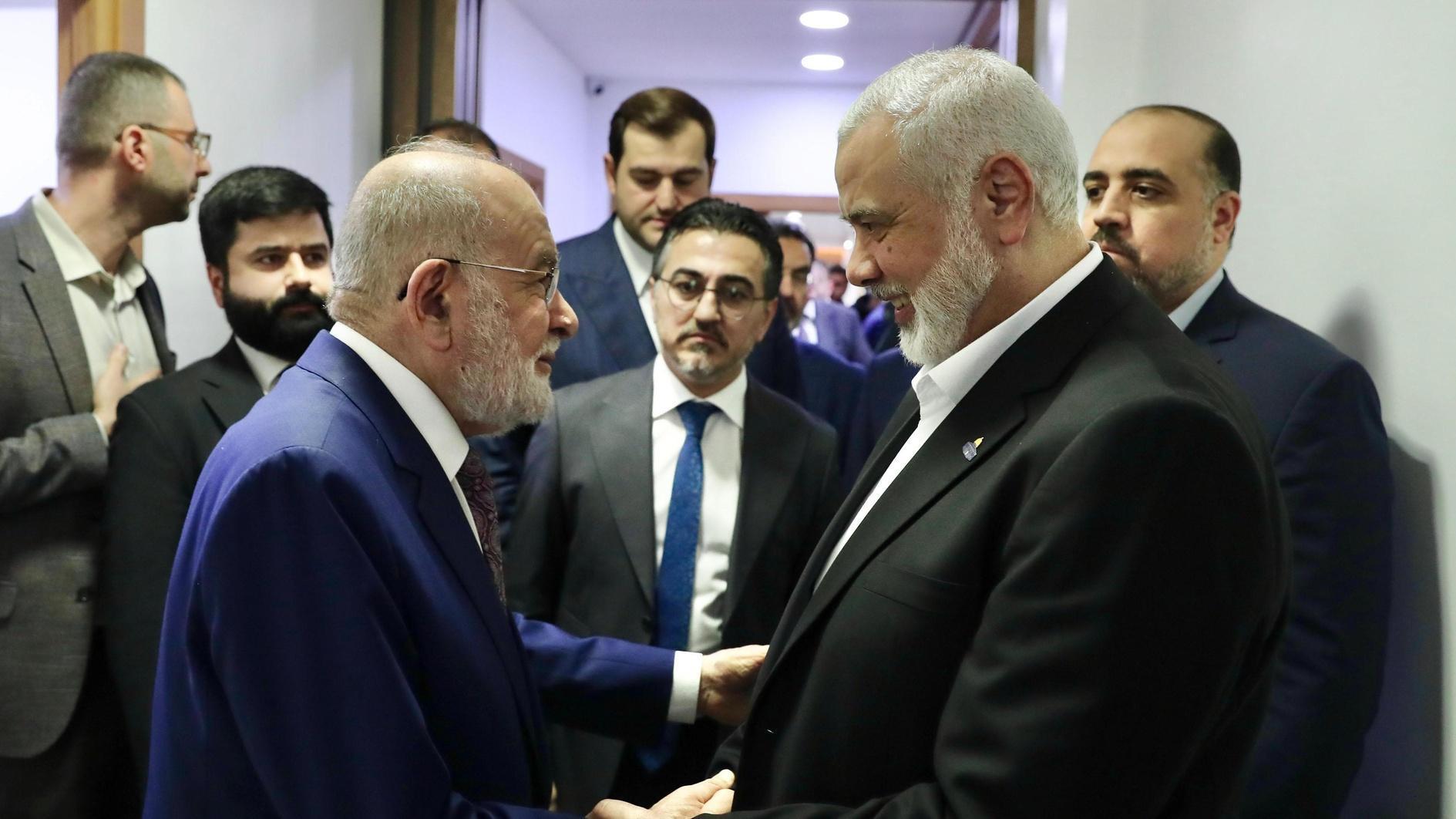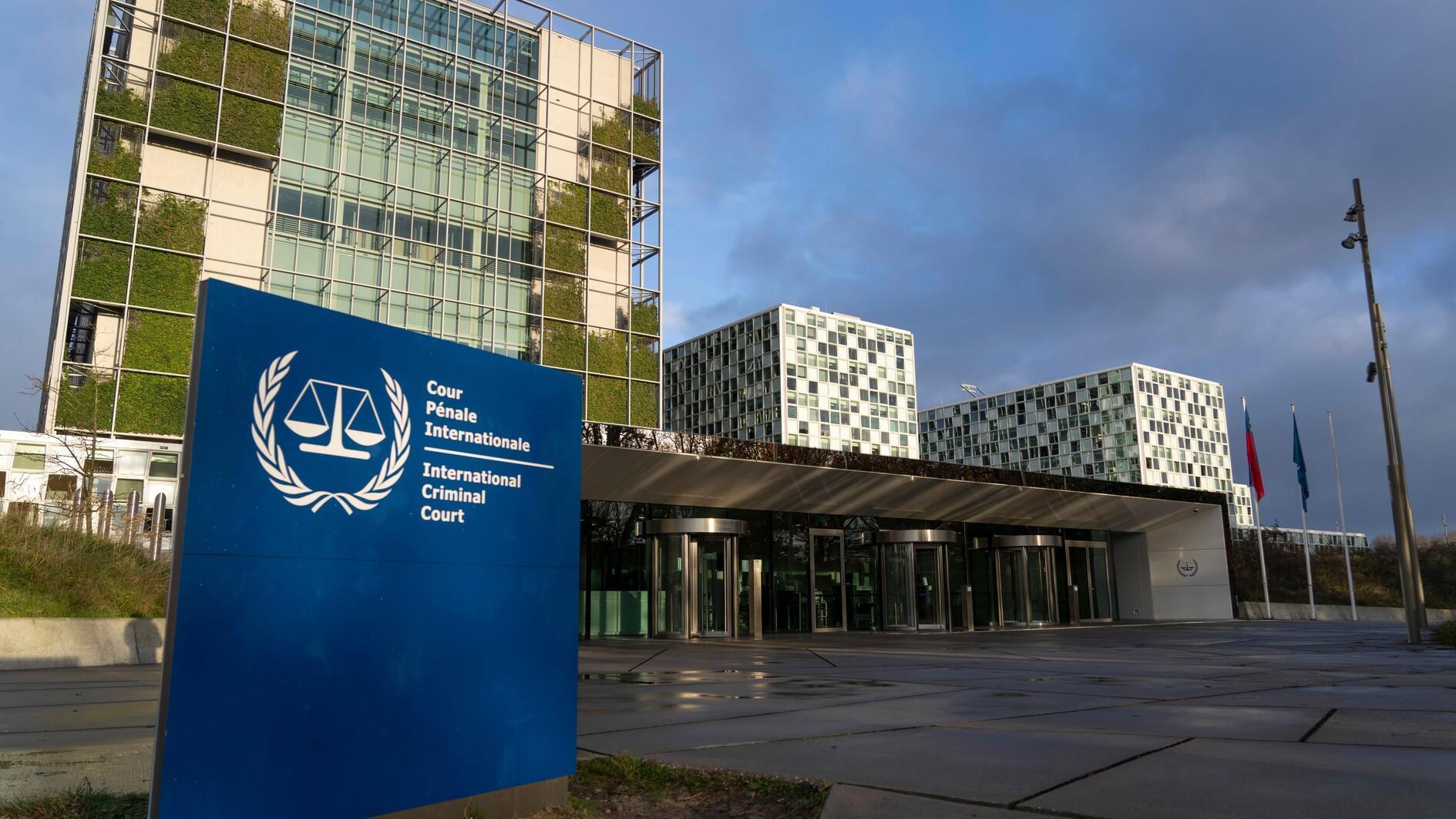The winning side of history (or the story of willing chameleons)
I must wholeheartedly thank Foreign Minister Ahmet Davutoğlu for realizing in a span of a few days a not-so-difficult prophesy which appeared in this column last Friday after the U.N. nuclear watchdog’s report accused Iran of conducting secretive efforts to build nuclear weapons. Trying to predict a Turkish reaction to the findings of the International Atomic Energy Agency (IAEA), I wrote that:
“What about a mixture of all possible languages which, when mixed, do not make sense? Such as this: Iran has every liberty to seek nuclear energy; the IAEA report is not binding and its validity must be checked further and further (until Iran has had time to conclude the bomb); but of course we would not wish to have neighbors with nuclear weapons which we don’t believe Iran’s nuclear program is about; and, wait a minute here, for peace in our region first Israel must be denuclearized.”
And Mr. Davutoğlu has actually said that, a) “It is unacceptable that countries suspected of having nuclear weapons cause new tensions in our region” – we don’t believe the suspicion is accurate; b) “All countries in the region should get rid of nuclear weapons” – first, Israel must be denuclearized; and c) “Allegations by the IAEA and Iran’s answers to those allegations must be crystal clear” – the IAEA report’s validity must be checked further and further (until Iran has had time to conclude the bomb).
Such unreliable zigzagging, which is known as Turkish foreign policy, is nicely wrapped in a package which, these days, reads “being on the right side of history.” The “noble men of principles and humanity” who make, remake and re-remake Turkey’s foreign policy until there is need to remake it again often brag about bravely standing against the “butcher of Damascus.” After eight long years of brotherhood, they have now realized that Bashar al-Assad is a dangerous dictator.
Any ideas who the last recipient of the “prestigious” al-Gadhafi International Prize for Human Rights was? It’s the same man who, a few months after he was honored, discovered that Moammar Gadhafi was a ruthless dictator. The same man who occupies the seat of the prime minister of Turkey. When Prime Minister Recep Tayyip Erdogan thought it was most appropriate to have the honor, Mr. Gadhafi was none other than a mascara-wearing figure oppressing Libyans for 41 years. Forty-one years!
How long ago was it when “those on the right side of history” objected to international sanctions on Iran on the grounds that “sanctions would not resolve anything other than punishing innocent Iranians?” Barely a year. Ironically, the same day when, this week, Mr. Davutoğlu ruled out any sanctions that may punish innocent Syrians, Energy Minister Taner Yildiz spoke about the possibility of cutting power supplies to Syria. Noble men of principles, they really are.
Where, really, were the Turkish saviors when Iranian President Mahmoud Ahmadinejad cracked down on innocent Iranian dissidents who behaved just like Syrian dissidents? Why is “mum’s the word” when Bahrain’s Sunni leadership cracks down on Shiite dissidents? Is the Saudi Kingdom a democracy just because there is no violent crackdown on the Saudis, or because the Saudis do not even live in a country where they can express dissent?
Turkey’s foreign policy is about (too often) varying shades and blends of political pragmatism and political Islam. Naturally, it harbors varying shades and blends of dishonesty and contradiction, often too difficult to catch up with. Now I understand the difficulties facing biologists who try to examine chameleons


